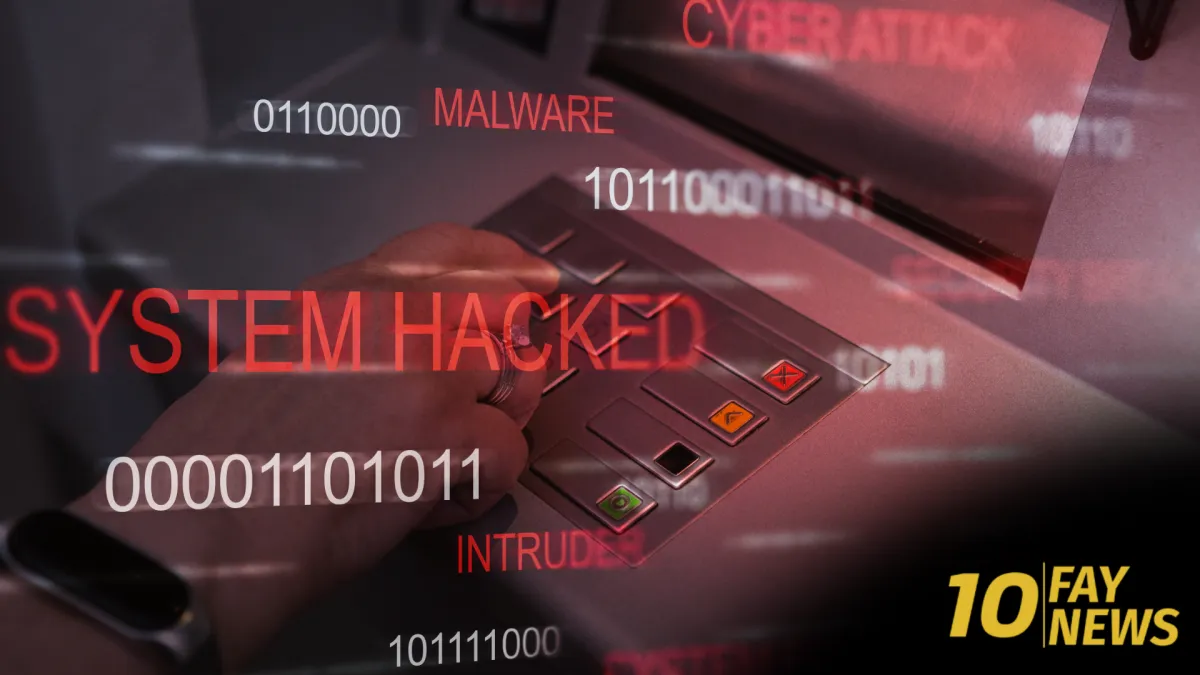
North Carolina Launches Aggressive Campaign to Combat Crypto ATM Scams
RALEIGH, NC – North Carolina is taking a unified stand against a rapidly growing threat: bitcoin and cryptocurrency ATM scams. Attorney General Jeff Jackson and Secretary of State Elaine Marshall have joined forces with AARP, the Wilmington Police Department, and United Way NC/NC 211 to launch a statewide initiative aimed at preventing these devastating financial frauds. Victims of such scams frequently lose upwards of $100,000, with recovery often proving to be nearly impossible.
"We’re hearing devastating reports of people losing their life savings through a crypto ATM scam,” stated Attorney General Jeff Jackson. "That's why we’re working with partners across the state to help people recognize the signs of these scams. We want to help people protect their money from scammers."
Secretary of State Elaine Marshall echoed this concern, highlighting the immense financial impact. "With annual losses in cryptocurrency-related financial fraud approaching $6 billion, the Secretary of State's Office is proud to join forces with these great partner agencies in raising public awareness," said Marshall. "It's crucial that North Carolina’s investing public have the tools to spot, stop and report scams related to cryptocurrency ATMs.”
Cryptocurrency ATMs, often found in convenience stores, gas stations, and smoke shops across North Carolina, are becoming a prime tool for scammers. The modus operandi involves tricking targets into transferring cash or money from their bank accounts into cryptocurrency via these ATMs, which is then immediately sent to the scammer's untraceable account. Once the cryptocurrency is in the scammer's possession, it can be quickly converted back to cash, making it extremely difficult to recover.
AARP volunteer David Kirkman emphasized the importance of education, noting that bitcoin is a common payment method demanded by scammers, making recovery nearly impossible. "AARP knows that vigilance against scammers is our number one defense," Kirkman said. "By being informed about the latest scams, and knowing what red flags to look out for including the demands for bitcoin payments, we all have the power to better protect ourselves and our families.”
Brittany Pruitt Fletcher, President and CEO of United Way NC and NC 211, highlighted the role of their organization in providing a crucial lifeline. "At 211, we’re seeing firsthand how scammers are evolving—and how quickly they’re targeting vulnerable North Carolinians through tactics like cryptocurrency ATM fraud," said Fletcher. "By calling 211, residents can speak with trained specialists who can guide them through suspicious situations and connect them with law enforcement or consumer protection agencies. We’re proud to be part of this statewide effort to raise awareness and protect our communities.”
Scammers often target older individuals, seeking to establish emotional or romantic relationships before exploiting them. These victims are often less likely to report their losses to authorities due to embarrassment or fear.
The collaborative effort among the Department of Justice, Secretary of State, AARP, and United Way NC/NC 211, alongside law enforcement and businesses, aims to spread awareness and empower individuals to intervene. Key warning signs to watch for include:
An older adult using a crypto ATM while engaged in a phone conversation.
An older adult stating they need to immediately withdraw cash to send to someone who called them.
Someone claiming a government official (e.g., law enforcement) instructed them to pay a fine with crypto. (Important reminder: Government agencies never accept cryptocurrency as payment.)
Anyone appearing stressed, scared, or emotional, potentially indicating they are receiving threats.
This comprehensive initiative seeks to educate the public and equip them with the knowledge to recognize and prevent these devastating crypto ATM scams, safeguarding the financial well-being of North Carolinians.

